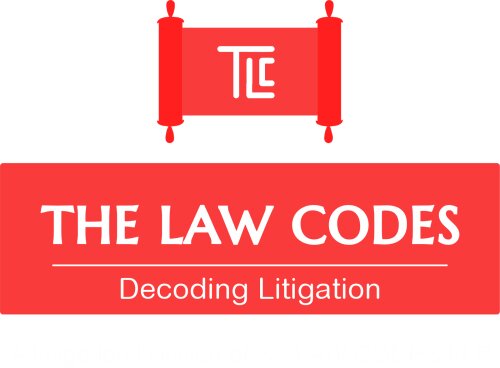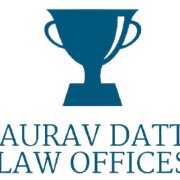Best Lawsuits & Disputes Lawyers in Chandigarh
Share your needs with us, get contacted by law firms.
Free. Takes 2 min.
List of the best lawyers in Chandigarh, India
About Lawsuits & Disputes Law in Chandigarh, India:
Lawsuits and Disputes fall under the civil law domain in Chandigarh, India. They deal with legal disputes between two or more parties seeking monetary damages or specific performances rather than criminal sanctions. Chandigarh, being a union territory directly governed by India's Central Government, follows the Indian Penal Code and Civil Procedure Code. However, certain laws and practices are specifically applicable to Chandigarh, such as the Punjab Courts Act.
Why You May Need a Lawyer:
Engaging a lawyer becomes crucial when you are involved in a lawsuit or dispute that has legal implications. Whether you are the plaintiff or the defendant, a lawyer can provide accurate legal advice, represent you in court, and champion your best interests. Common situations include contract disputes, property disagreements, family law issues, consumer complaints, and personal injury claims among others. A lawyer well-versed with the nuances of Chandigarh's laws can be crucial in these situations.
Local Laws Overview:
The legal framework relevant to Lawsuits & Disputes in Chandigarh, India, primarily consists of the Indian Penal Code, Civil Procedure Code, and the Punjab Courts Act, along with various other specific Acts relevant to the dispute at hand. The right to a fair trial, the principles of natural justice, and due procedure are all applied comprehensively. In comparison to the other cities, Chandigarh's courts are known for their efficient and prompt dispense of justice.
Frequently Asked Questions:
1. How long do civil lawsuits take in Chandigarh?
While the specific duration of civil lawsuits can vary based on the complexity of the case, court schedules, and several other factors, cases in Chandigarh courts are relatively disposed of quicker owing to a more efficient administration.
2. Can I represent myself in a civil lawsuit in Chandigarh?
Although you have the right to represent yourself, it is generally advisable to hire a lawyer due to the complex nature of the law and the potential legal ramifications of the lawsuit.
3. What are the costs involved in filing a lawsuit?
The cost of filing a lawsuit in Chandigarh may vary depending on the court fees, advocates' charges, and other administrative costs, and the nature of the dispute.
4. Can I file a lawsuit in Chandigarh if I am not a resident?
Yes, as long as the cause of action occurred within Chandigarh or the defendant resides in or carries out business in Chandigarh.
5. How is mediation used in civil disputes in Chandigarh?
The Chandigarh courts often refer parties to mediation when it is considered that a mutually beneficial solution can be arrived at between the parties outside the adversarial court process.
Additional Resources:
The District Courts of Chandigarh and the High Court of Punjab and Haryana website provide plenty of resources, including the court rules and procedures, list of advocates, and other helpful information. Other resources like various law firms, legal aid services, and NGOs in Chandigarh also provide legal advice and assistance.
Next Steps:
If you need legal assistance for a lawsuit or dispute in Chandigarh, India, the next step would be to consult a legal professional who can provide you with personalized advice based on your specific circumstance. You can reach out to local law firms, lawyers who specialize in civil law, or legal aid services based on your budget and requirement.
Lawzana helps you find the best lawyers and law firms in Chandigarh through a curated and pre-screened list of qualified legal professionals. Our platform offers rankings and detailed profiles of attorneys and law firms, allowing you to compare based on practice areas, including Lawsuits & Disputes, experience, and client feedback.
Each profile includes a description of the firm's areas of practice, client reviews, team members and partners, year of establishment, spoken languages, office locations, contact information, social media presence, and any published articles or resources. Most firms on our platform speak English and are experienced in both local and international legal matters.
Get a quote from top-rated law firms in Chandigarh, India — quickly, securely, and without unnecessary hassle.
Disclaimer:
The information provided on this page is for general informational purposes only and does not constitute legal advice. While we strive to ensure the accuracy and relevance of the content, legal information may change over time, and interpretations of the law can vary. You should always consult with a qualified legal professional for advice specific to your situation.
We disclaim all liability for actions taken or not taken based on the content of this page. If you believe any information is incorrect or outdated, please contact us, and we will review and update it where appropriate.
Browse lawsuits & disputes law firms by service in Chandigarh, India
Chandigarh, India Attorneys in related practice areas.















